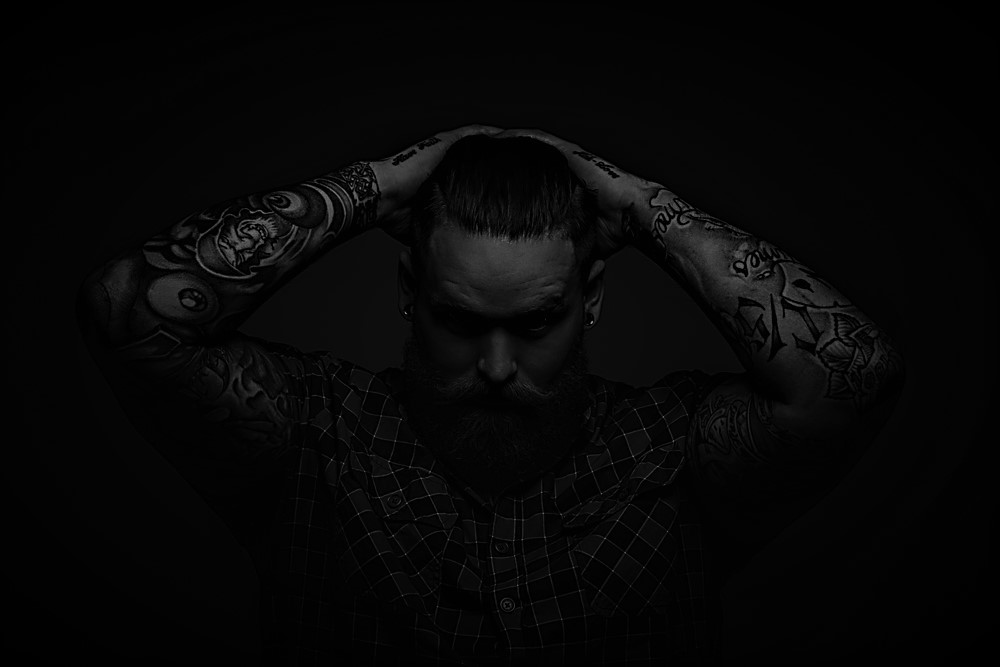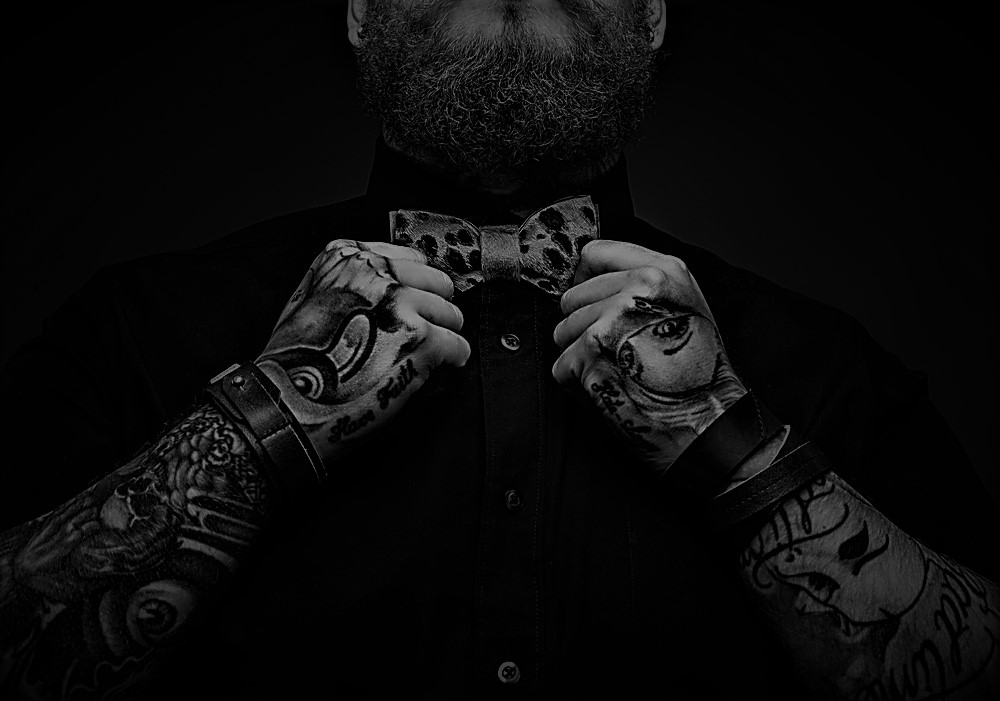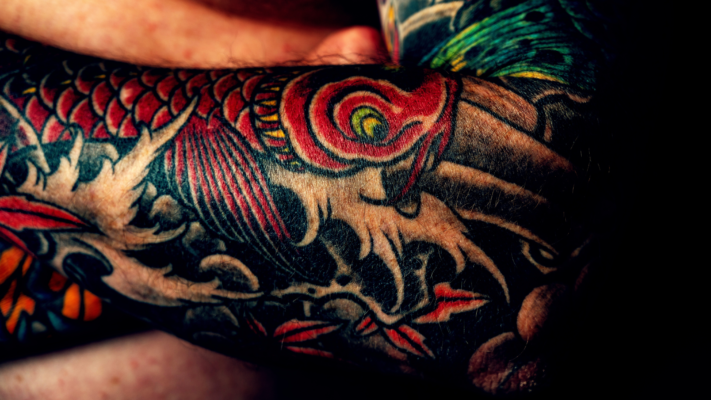About Us
Tattoo Worship: Honoring the Sacred Ink
Tattoo worship is more than admiration—it’s devotion. It is the act of honoring ink not only as art, but as ritual, identity, and sacred truth etched into flesh. For those who live by it, tattooing isn’t just aesthetic; it’s ceremonial—a personal altar built on skin.
Ink as Modern Ritual
Every tattoo begins with intention. Whether done in silence or with the hum of a buzzing machine, the process is deeply symbolic. The pain is part of the offering. The blood is part of the story. The healing is the rebirth. Tattoo worship is the understanding that every mark holds meaning, even when that meaning is private, intuitive, or ancestral.
The Body as a Temple
To those who worship tattoos, the body is not blank—it is sacred ground, a living scroll. Each tattoo becomes a prayer, a memory, or a talisman. Symbols of protection, power, grief, or transformation are chosen carefully and carried with reverence. Placement matters: the heart, the hands, the throat—all are gates with unique spiritual weight.
Cultural and Ancestral Reverence
Tattoo worship also honors ancient traditions. Polynesian tatau, Japanese irezumi, Filipino batok, Native American markings—these are not trends, but ancestral languages of identity, status, and spirituality. For many, wearing such ink is a reclamation, a way to connect with generations past and carry their spirits forward.
The Tattooer as Priest or Medium
In the space of tattoo worship, the tattooer is more than an artist—they’re a conduit. Their role is sacred. They translate the invisible into the visible. Some tattooers treat each session with ritualistic care: cleansing the space, focusing intention, offering respect before the first line is drawn.
A Life Lived in Devotion to Ink
Those who truly worship tattoos don’t stop at one. Their bodies tell stories in chapters—each addition intentional, each space left blank with purpose. Some save entire parts of the body for certain themes. Others return to the same artist like visiting a spiritual guide. The worship lies not just in the result, but in the journey: the pain, the patience, the permanence.
Sacred, Not Trendy
To worship tattoos is to understand they are not for approval, not for fashion, not for fleeting moments. They are deeply personal acts of worship—to the self, to the past, to gods, spirits, or the raw force of creation. It’s a lifestyle, a belief system, a quiet devotion written in ink.





